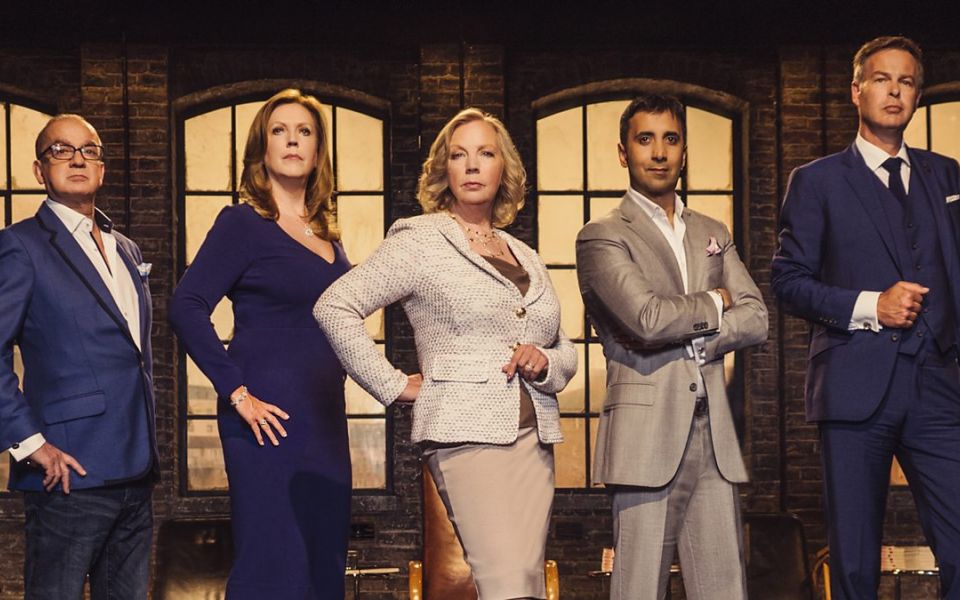Being an entrepreneur isn’t a real job – or is it?

THE NEW SERIES of Dragons’ Den starts on Sunday, bringing with it an assortment of budding entrepreneurs, all pitching for cash investments from the beady-eyed “Dragons”.
The show, now in its 16th series, is a brilliant opportunity – for the right candidate. Being television, naturally it has to be entertaining, which it is, and special mention goes to Evan Davies, who gets the tone just right.
However, as entertaining as the programme is, fetishising these kind of superhero entrepreneurs like the Dragons actually puts people off the idea of owning a business. While they mean well, they’re all billionaires – people just can’t relate to them, and it actually alienates people from enterprise.
As for the contestants, they’re seen as dreamers, oddballs, inventors. Viewers peel open their plastic goblets of Le Froglet – a product which made “failed” Dragons’ Den contestant James Nash a fortune – and laugh when things go wrong. Unsuccessful pitches lead to humiliation and dismay as contestants shuffle into the lift to descend back to their day jobs. (As an aside, I get a kick out of seeing stories on the Internet of the now-successful businesses to which the backers said, “I’m out.” Good for them!)
If young people aren’t exposed to the world of enterprise, they don’t realise it’s a career option. This is why I’ve been a pro bono advisor to Young Enterprise for well over a decade, and why I’ve tried to play my part to inspire people into enterprise. If you’re a seven-year-old lad in Sunderland and you see Richard Branson on the telly, for instance, you just can’t connect with him in any way at all. The man owns an island, for heaven’s sake!
As an example, eight or so years ago, when I was a volunteer business advisor for Young Enterprise in York, I went into a school to run a workshop. The sessions were supervised by a teacher and a volunteer business advisor from the community, like me, and students were taught how to run their own business, like a tuck shop.
At the end of the afternoon, one of the young people came up to me and said, “I’m really glad I did this, because I always thought running a business and being an entrepreneur was something that other people did.” Part of the reason for this is that when entrepreneurs dosucceed, they become “other”. This is why it’s important for business owners to be seen as something more than successful, suited, island-owning billionaires.
Being an entrepreneur isn’t about going on a TV show. It’s not about luck. It’s not even about being an oddball or a quirky inventor or owning an island (although that would be fantastic). It’s about hard work, grit, determination, discipline, long hours, being creative, and having goals. I don’t know about you, but that definitely seems like a real job to me.